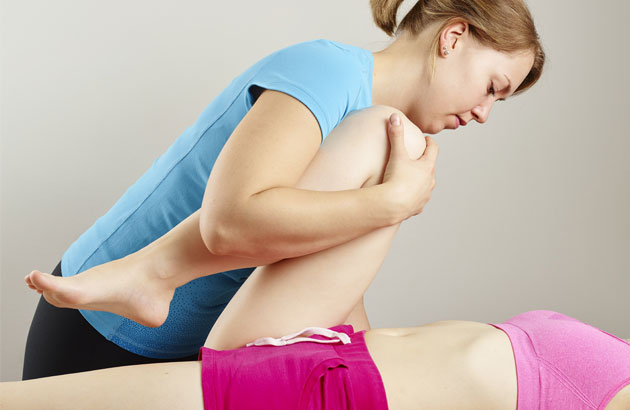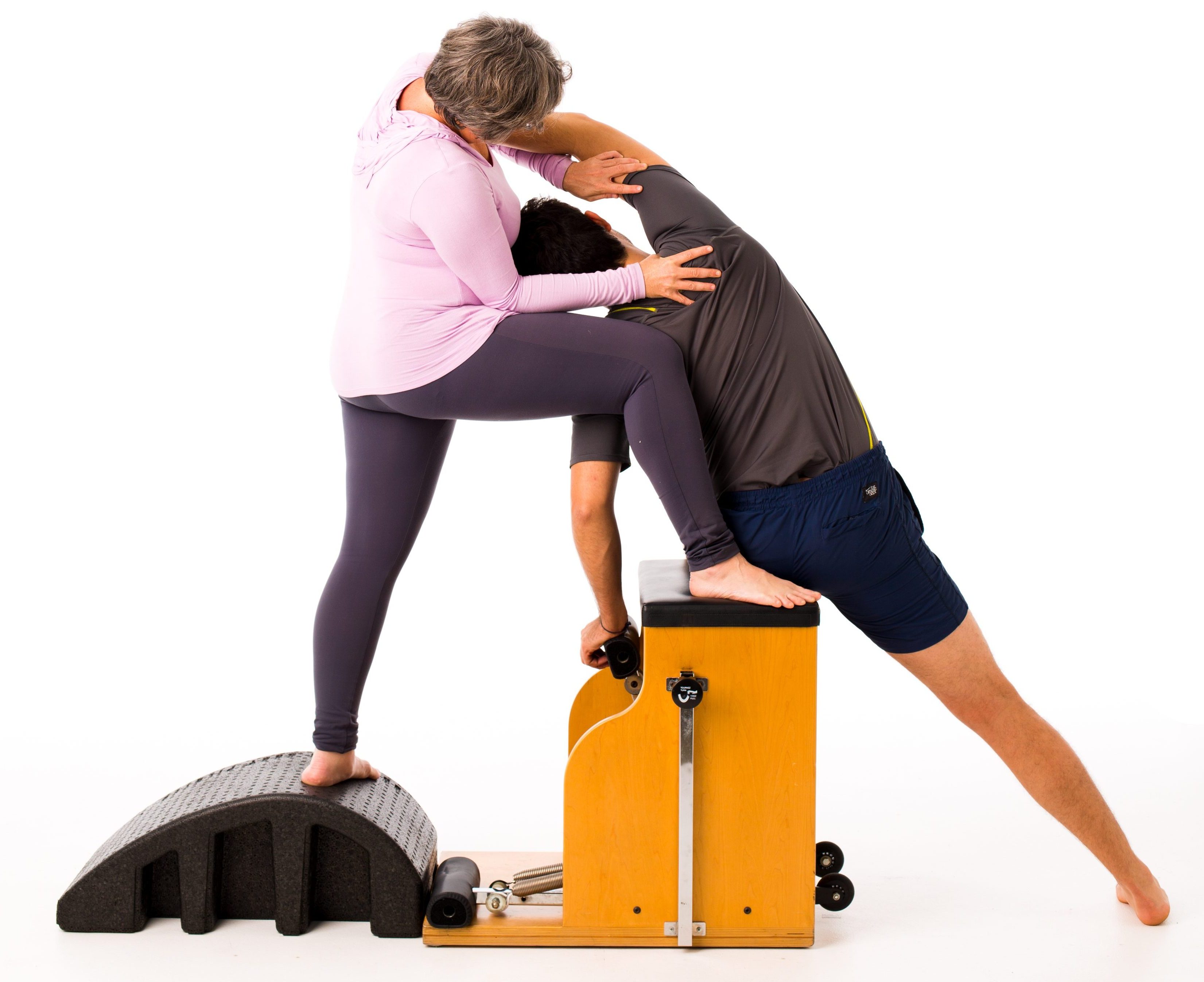Low Back Pain – causes, treatment and prevention
Thu,Jul 18, 2019 at 05:19PM by Body Organics
Low Back Pain – recognise the cause
Be it acute or chronic, living with low back pain is an alarmingly common affliction. Despite the best efforts of health professionals worldwide, low back pain (LBP) is the number one cause for disability globally. Low back a pain has doubled in prevalence in the past 25 years, with a 540 million people globally limited in their daily activity at any one time. This a daunting figure considering Australians spend 4.8billion dollars annually to treat and manage their pain. So if this ‘treatment’ has proven ineffective, what can someone with low back pain or back pain do to get out of pain and stay pain free? And what is the ultimate cause?

Treat the cause of low back pain, not the symptoms
The real challenge is identifying and treating the cause of low back pain, not the symptoms. Many current therapy models focus on treating symptoms through pain relief modalities, or managing psychological factors such as fear aversion and depression. These approaches can provide some acute relief to symptoms of low back pain and may even help certain individuals out of a pain cycle, but the majority will experience a return of these symptoms once treatment stop. Examples of this include many forms of passive manual therapy, training of a specific muscle group, and even static postural ‘corrections’. But repeatedly putting out these flare ups or ‘fires’ isn’t enough, we should be looking for the arson. Without addressing the underlying cause, the behaviour, the symptoms will reoccur. So what is the cause? Like many musculoskeletal ailments the cause comes back to movement.
Treating musculoskeletal conditions such as low back pain
When treating numerous other musculoskeletal conditions, as physiotherapists we often start by looking for the structural cause for symptoms. This looks beyond simple pain management and this works well when the structural injury can be attributed to an obvious event like a rolled ankle or repeatedly stressed rotator cuff e.g. a carpenter holding a nail gun poorly for 6 hours a day. The first step is to identify if the extent of any potential underlying injury or pathology e.g. a rotator cuff tear. Once confident there is no acute injury and that structures have sufficiently healed, we begin with strategies to train optimal movement for this task. Once this movement skill has been established, the capacity to sustain this movement needs to be developed over time, but largely this can be done independently by you the client. It will allow you to return to your normal activities and perhaps even pick up new hobby. This approach should be no different in the spine. Poor movement coupled with a loss of capacity is a perfect injury or pain, the only way to reliably fix these symptoms is to address movement as the cause and therefore the solution to their symptoms.

Biopsychsocial management of low back pain
Another key area of interest in recent years is the concept of ‘biopsychosocial’ management of low back pain, using advice and techniques akin to counselling in an attempt to fix lower back pain. Again, this focus is somewhat a treatment of symptoms or a predisposition factor rather than the root cause. Whilst there is merit to teaching people coping strategies and helping re-educate them against unhealthy beliefs surrounding their pain, ultimately this is not what caused their pain or injury in the first place. Getting them back to healthy movement and subsequently increasing their capacity for movement is essential.
Physiotherapy for low back pain
If you have been suffering from an acute episode and would like to prevent future recurrence, or have had a long history with pain, booking with a physiotherapist who understands these principals is the first step. Our physiotherapists at Body Organics have many years of experience helping people out of their back pain cycle and return to doing the things they love!

Lachlan Loose is a Physiotherapist with Body Organics. He works at both our Annerley and West End clinics and has a strong interest in musculo-skeletal rehab post surgeries. Lachlan studied at UQ firstly in Science achieving a Bachelor of Science (Hons) and went to became a researcher assistant at the UQ Brain Hub. Lachlan then went onto study Physiotherapy at the UQ.
 0
0 